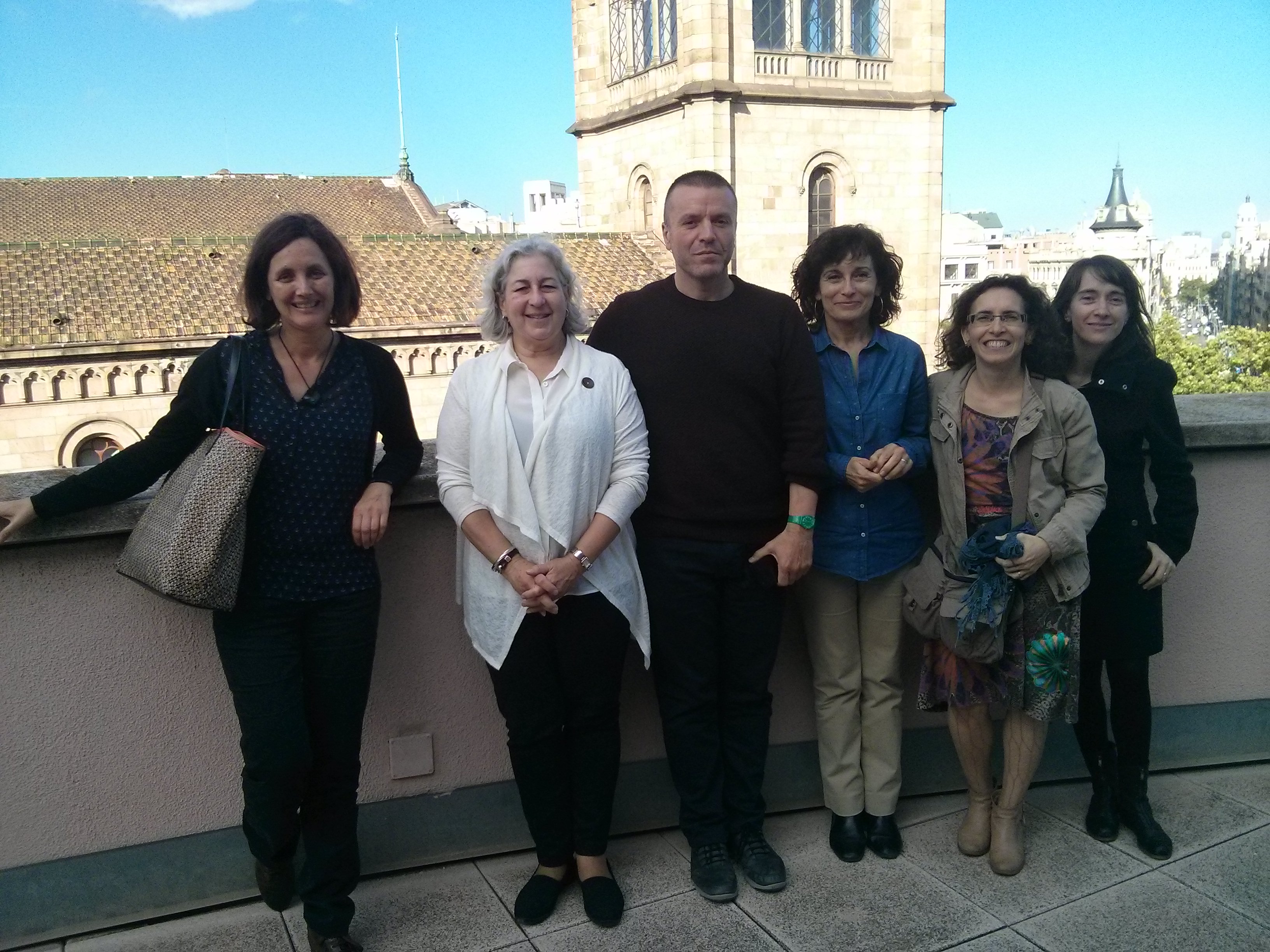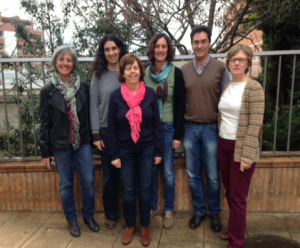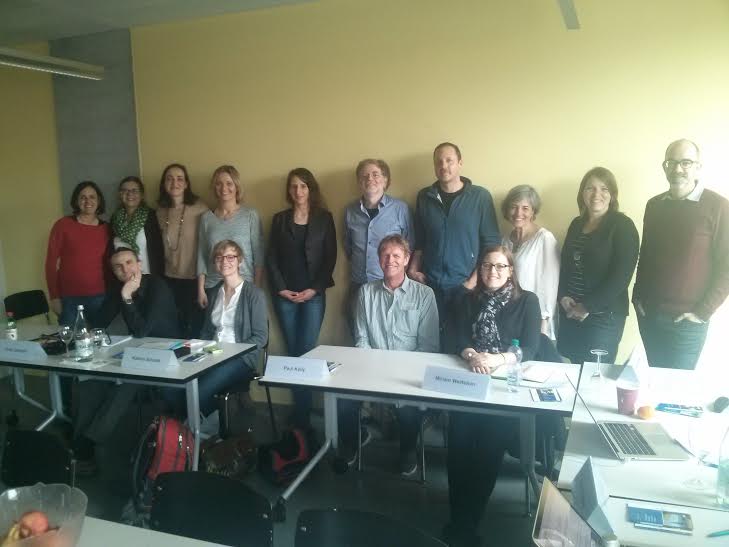ASSEMID is a government-funded project headed by David Block and Guzman Mancho Barés form the University of Lleida (UdL). Its full title is “Towards an empirical assessment of the impact of English-medium instruction (EMI) at university: language learning, disciplinary knowledge and academic identities”. GRAC is taking part in this project, through the collaboration of one of its members, Sarah Khan. It may be of interest to those working or studying in the areas of EMI, CLIL (Content and Language Integrated Learning) and ESP (English for Specific Purposes).
ASSEMID has been running since late 2016 and has been collecting and analyzing data in EMI and ESP settings at UdL and UPC (Universitat Politècnica de Catalunya). It aims to 1) examine how learners’ English levels affect their learning of disciplinary content 2) find out what lecturers and students need to effectively communicate in English and 3) trace the development of the emerging English language identities of lecturers and students in terms of their membership in CoPs (Communities of Practice).
One unique characteristic of this project, compared to other EMI studies, is the extensive range of data-collection instruments employed, which has included classroom observation, exams and assignments, audiologs and written logs, interviews, learning diaries, pre- and post-tests and questionnaires. Another distinguishing quality is that data has been collected over an extended period of time (6-20 class sessions).
All in all, ASSEMID have amassed an incredibly rich source of data, so watch out for ASSEMID members in upcoming conferences and publications. You will get a glimpse of the emerging project results and, certainly, a better understanding of teaching, learning and doing research in EMI.
…………………………………………………………………………………………………………………………………………………
The ASSEMID team: David Block, Guzman Mancho Barés, Elisabet Arnó, Marta Aguilar, Maria Sabaté, Sarah Khan, Dietmar Tatzl, Montserrat Irun, Balbina Moncada and Víctor Corona.
Find more ASSEMID news on:





